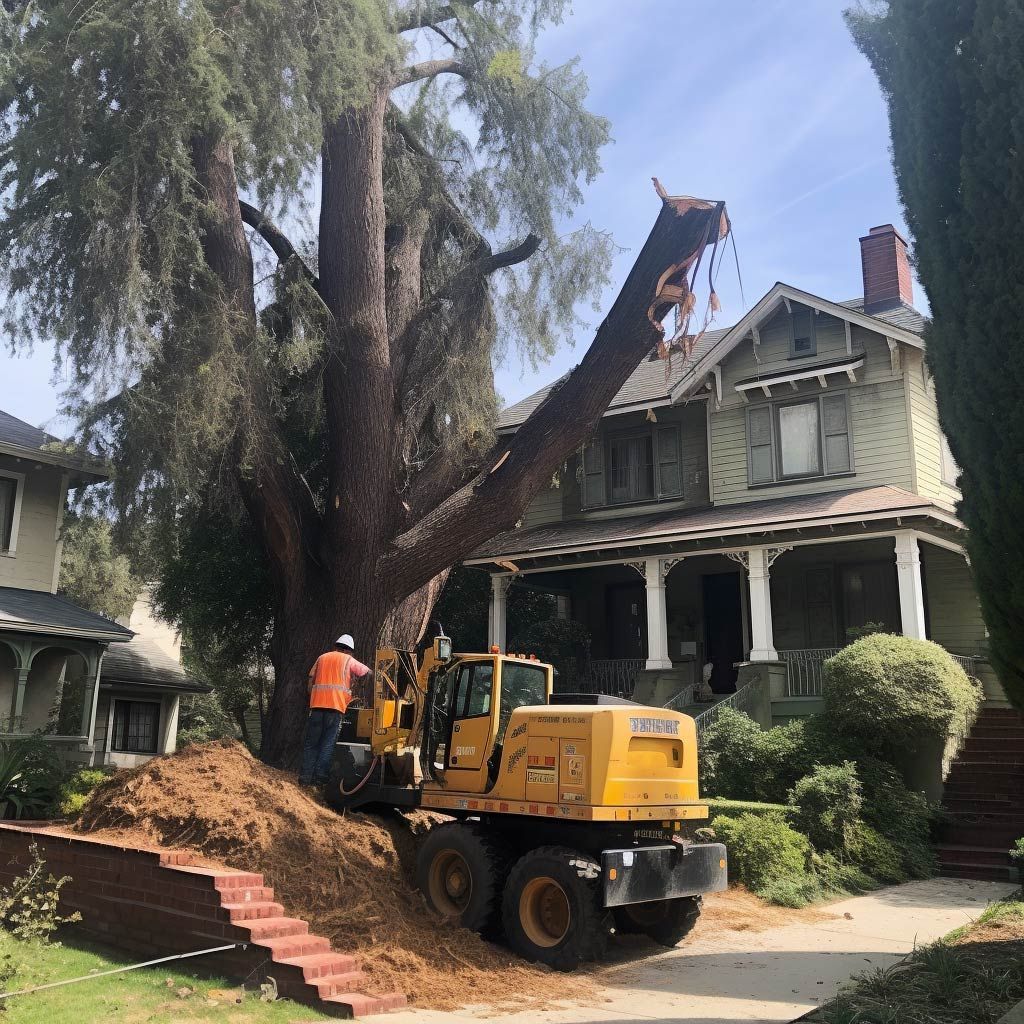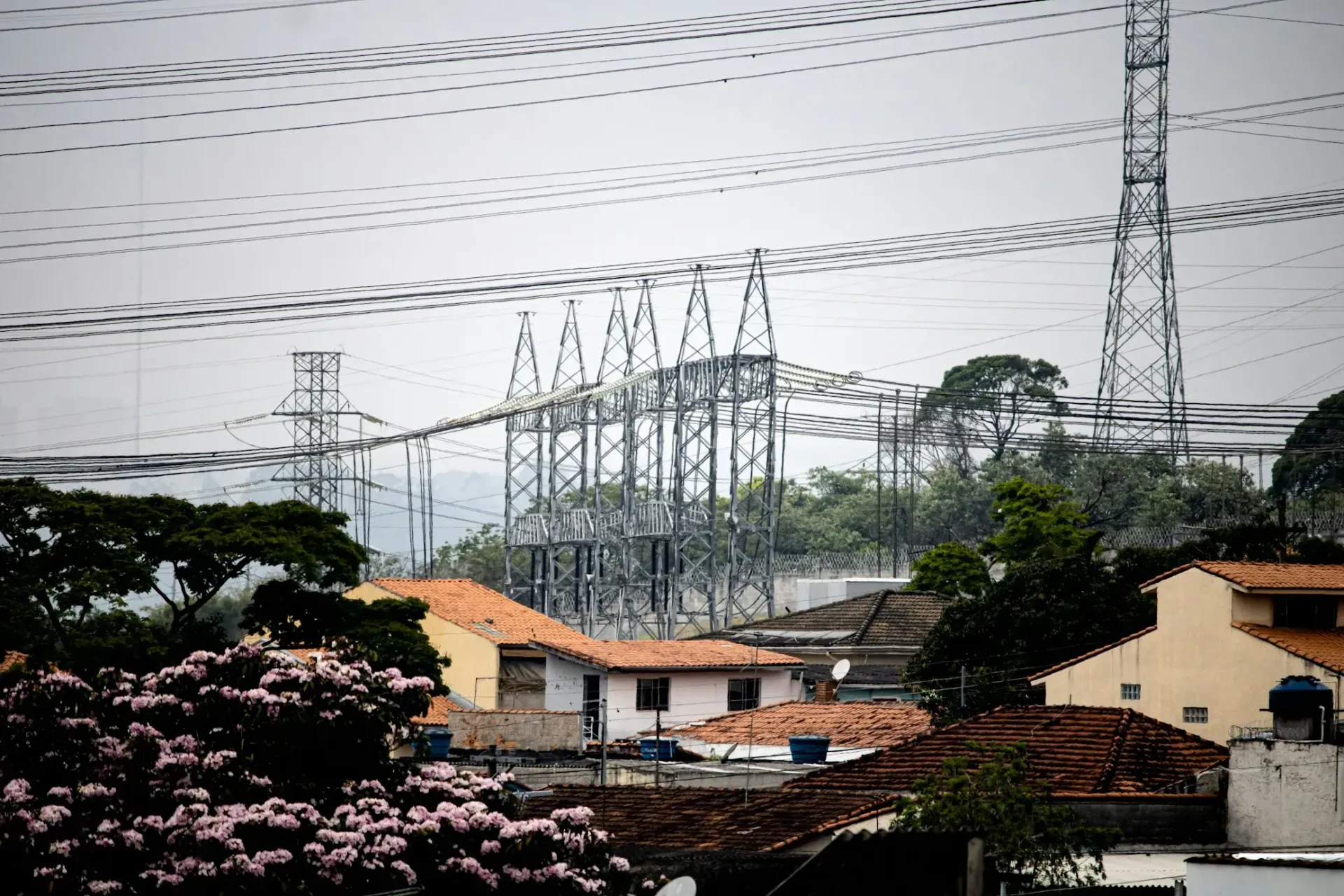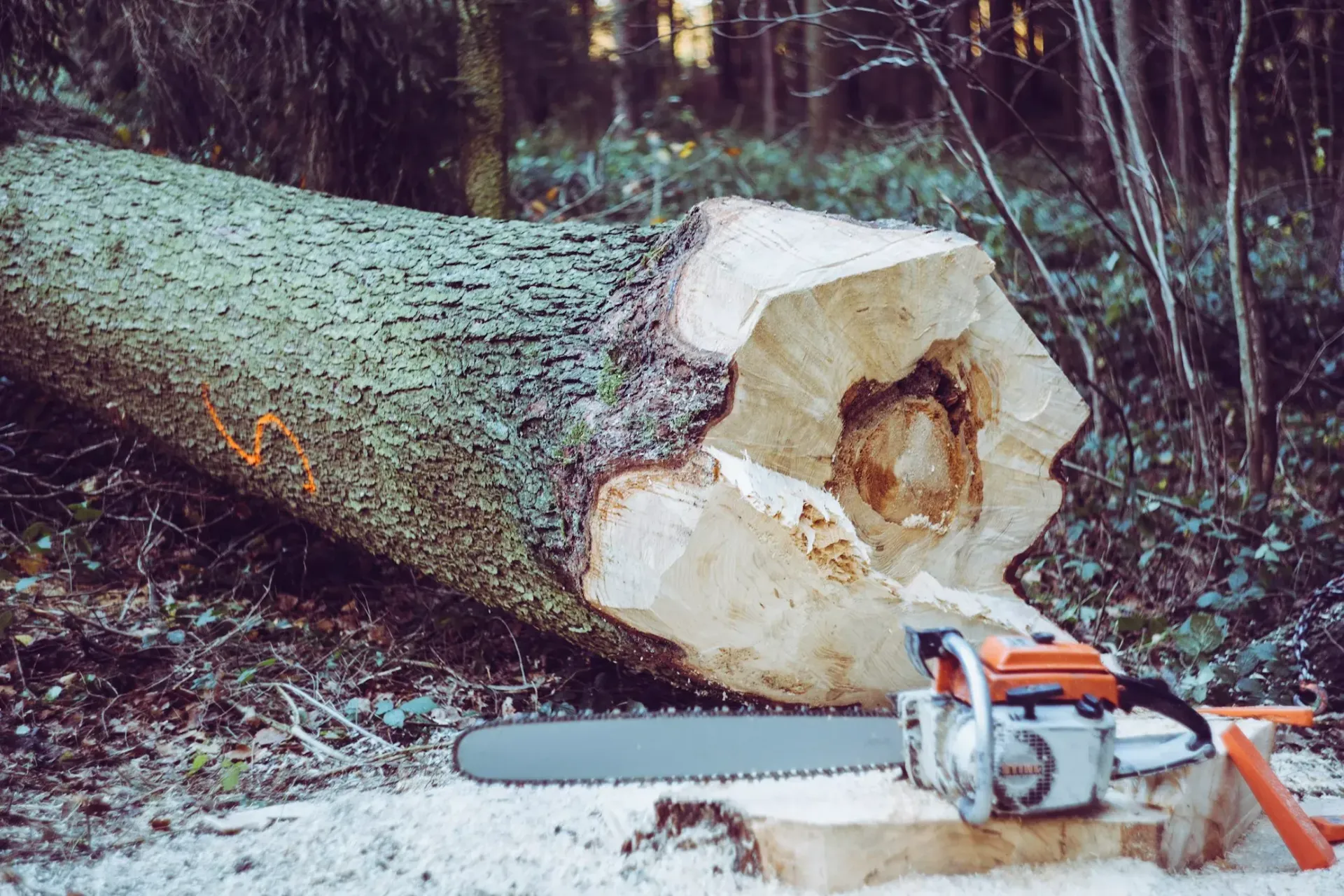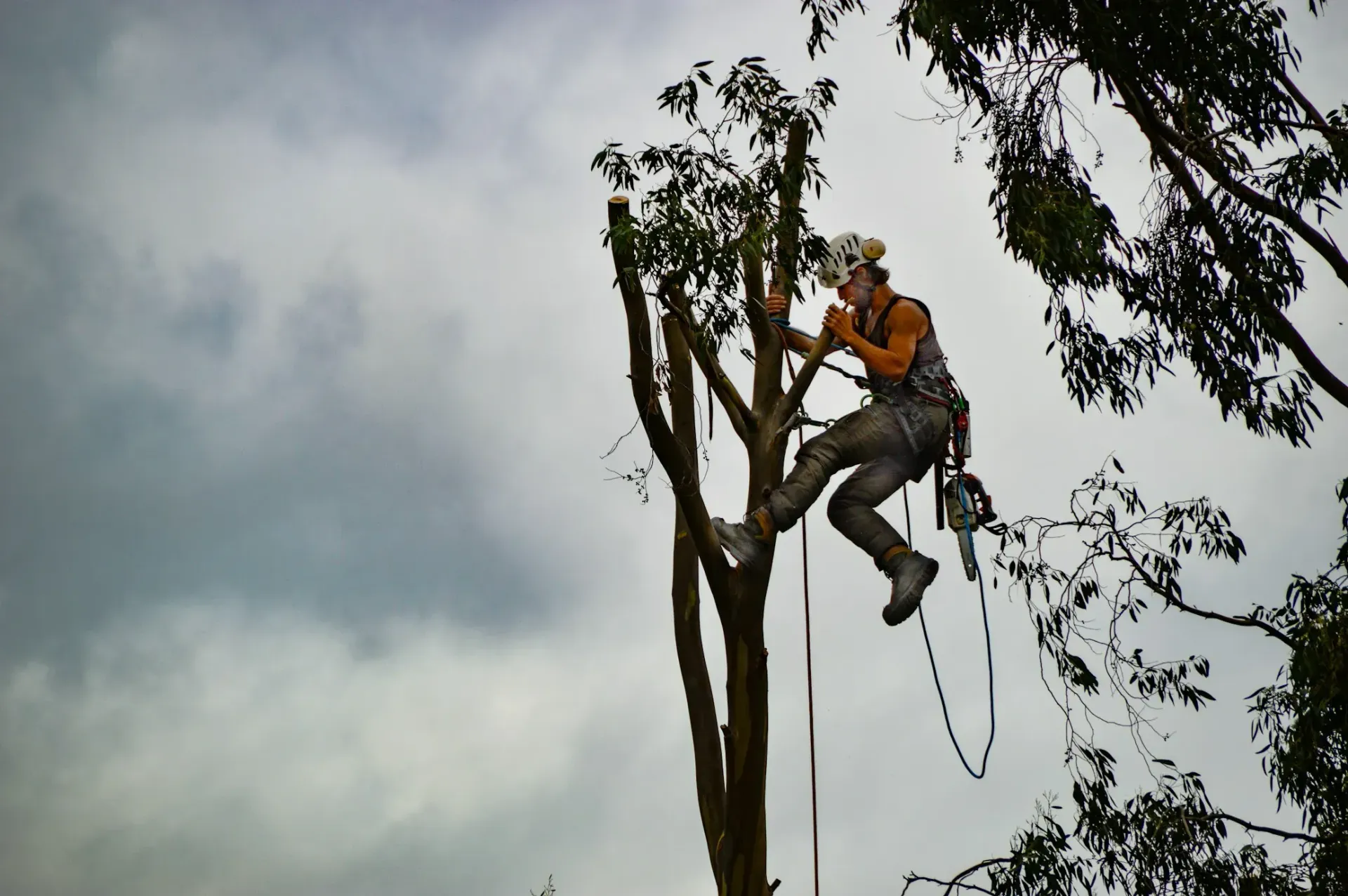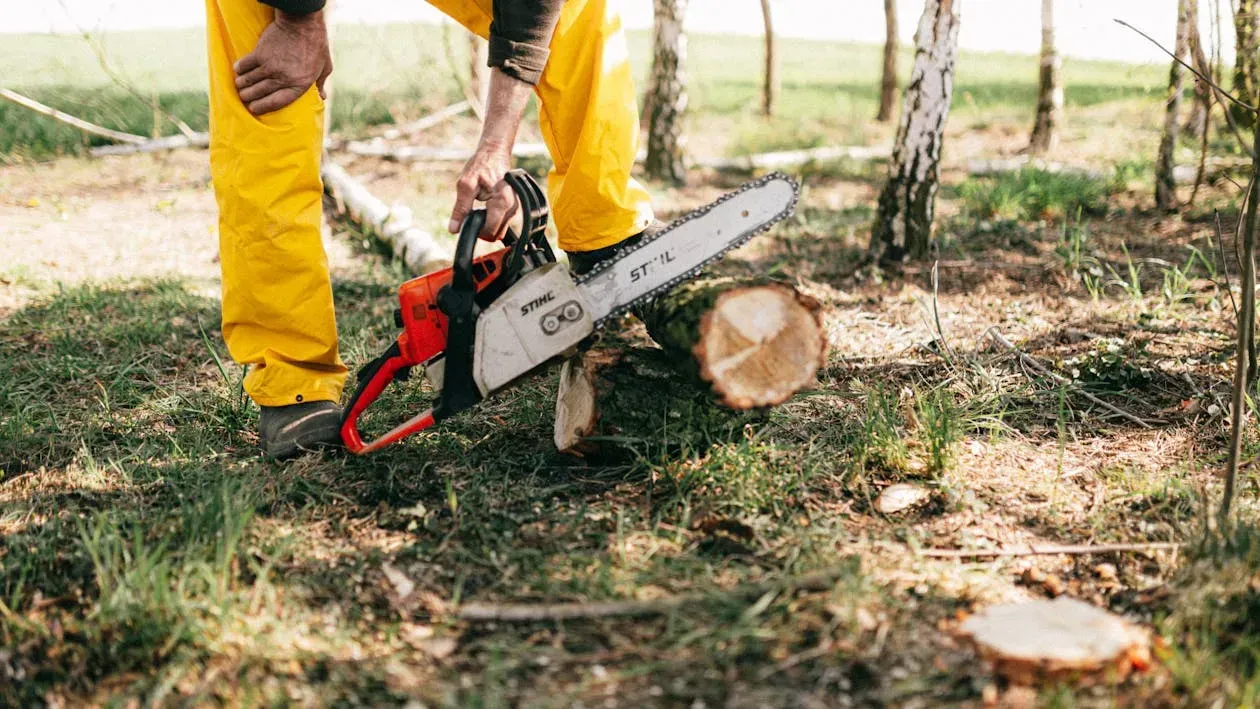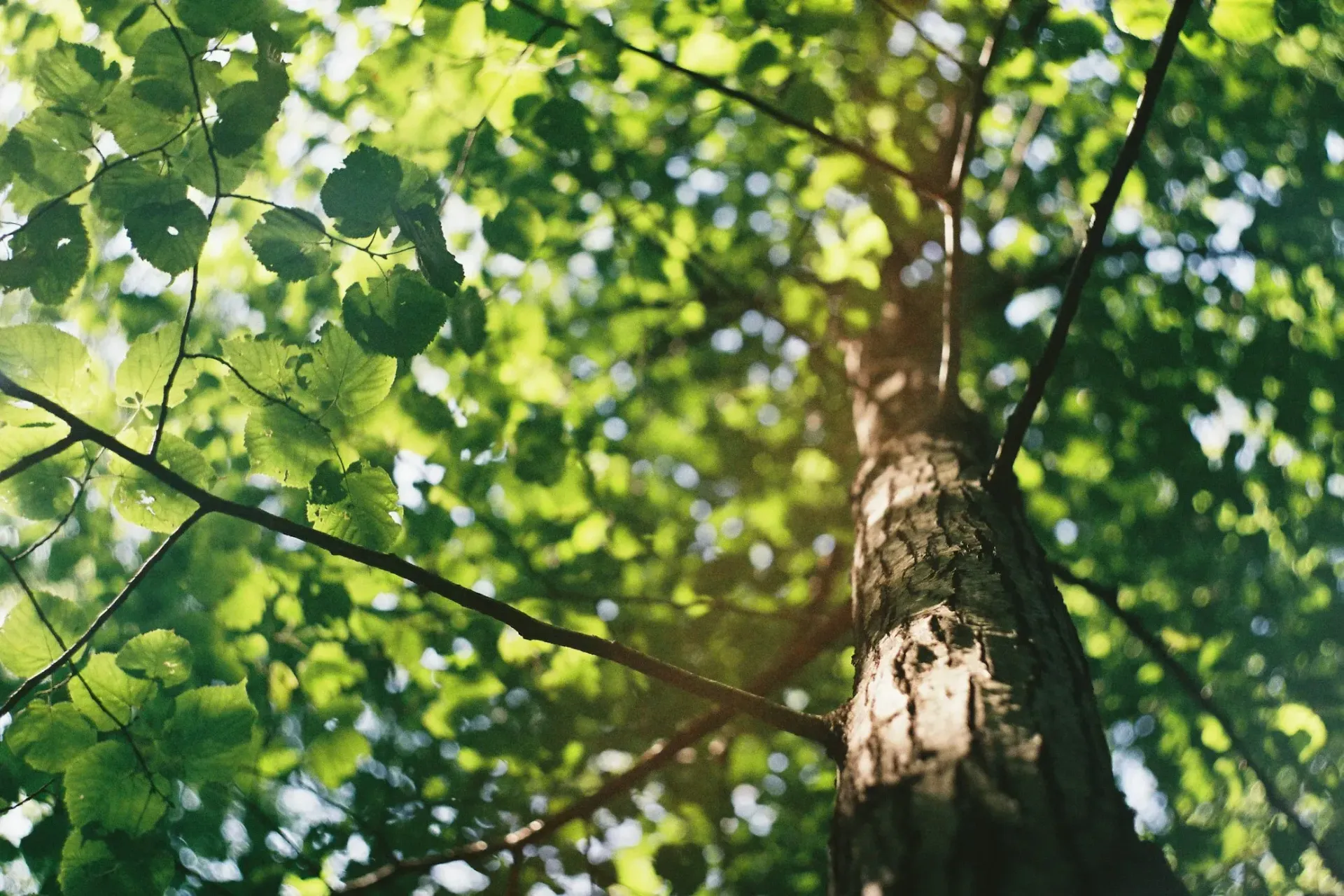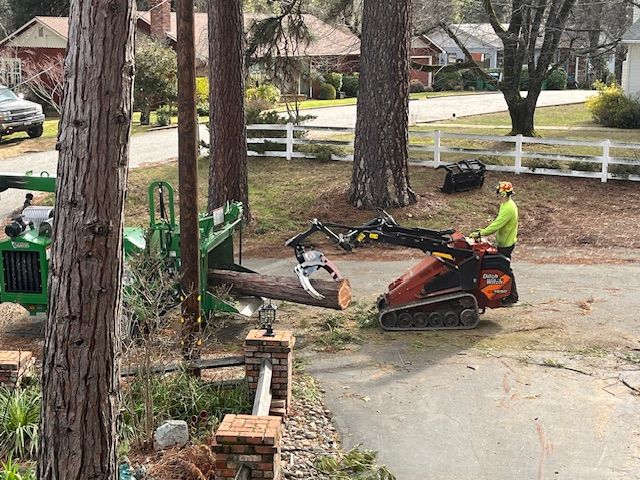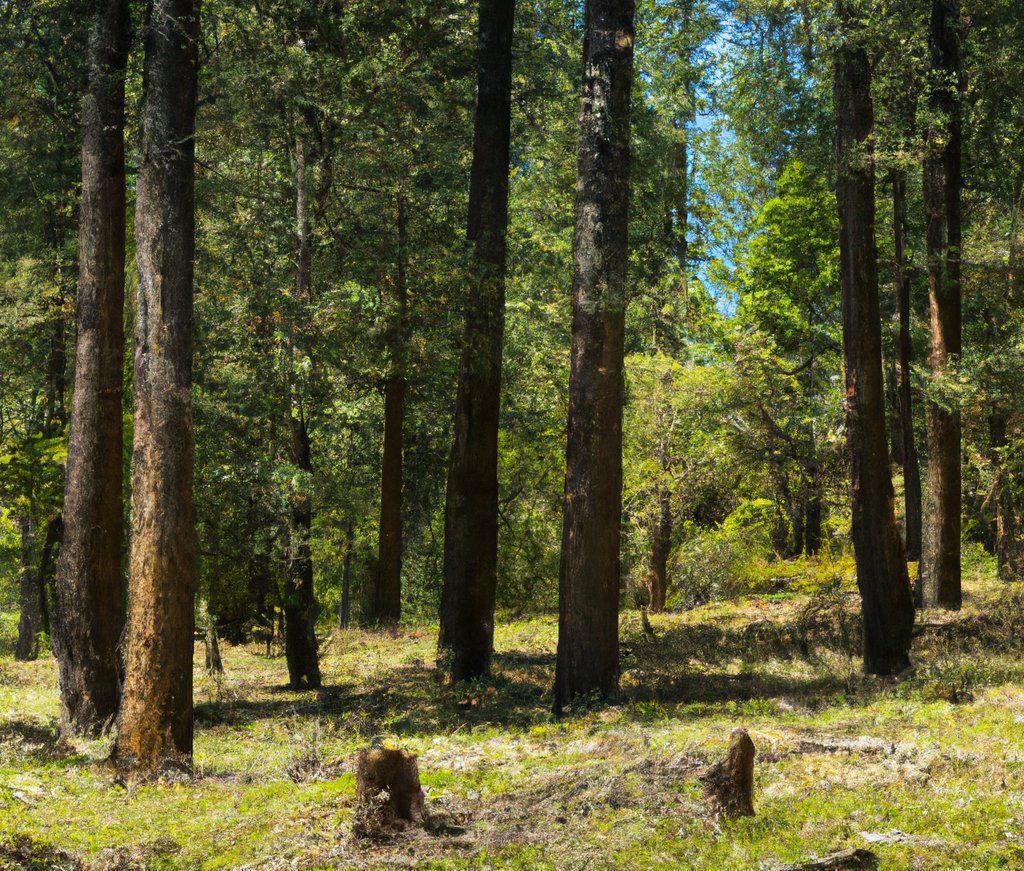The Ultimate Guide to Common Trees in Alta Sierra, CA, and Their Care Needs
Nestled in the heart of California, Alta Sierra boasts a vibrant ecosystem that's a haven for nature lovers. This unique area, with its diverse climate and lush landscapes, is home to a plethora of tree species, each contributing to the local biodiversity and the community's quality of life. Understanding these trees, their significance, and their care needs isn't just for the green-thumbed among us—it's a way for all residents and enthusiasts to connect with the environment and ensure its health and longevity.
In this guide, we delve deep into the world of Alta Sierra's trees. We'll explore the most common species that grace this region, offering you a visual and descriptive journey through their leafy realms. More than just identification, we'll equip you with the latest insights on how to nurture these natural treasures. From watering practices based on the newest studies to battling pests with the latest in eco-friendly strategies, we've got you covered.
Whether you're a homeowner looking to landscape your property, a landscaper in search of reliable information, or simply a nature enthusiast curious about your green surroundings, this guide aims to enlighten and inspire. Let's embark on this leafy journey together, fostering a greener, healthier Alta Sierra.
Deciduous Trees
In Alta Sierra, deciduous trees are a sight to behold, especially in the fall when their leaves paint the landscape in vibrant hues. Among them,
Oak,
Maple, and
Aspen
stand out for their beauty and resilience. Oaks, with their sturdy trunks and sprawling branches, are a common sight, offering shade and habitat to local wildlife. Maples, known for their striking fall colors, range from the majestic Sugar Maple to the smaller Japanese Maple, each adding a splash of color to gardens and streets. Aspens, with their distinctive white bark and fluttering leaves, add a touch of elegance, especially in breezy locales.
Coniferous Trees
Coniferous trees, with their year-round greenery, are pivotal to Alta Sierra's landscape.
Pine,
Cedar, and
Fir
trees are prevalent, each bringing its own unique characteristics. Pines, with their tall, slender profiles, are perfect for adding structure to the landscape. Cedars, with their dense, aromatic foliage, offer privacy and shade, making them ideal for hedging. Firs, known for their symmetrical shape and soft needles, are often used as ornamental trees in larger gardens and parks.
Fruit Trees
Fruit trees not only beautify Alta Sierra but also provide delicious harvests.
Apple,
Cherry, and
Peach trees are particularly popular. Apple trees, with their spring blossoms and autumn fruits, are a favorite among homeowners. Cherry trees, known for their delicate flowers and succulent fruits, add a burst of color and taste to any garden. Peach trees, with their fragrant flowers and juicy fruits, thrive in the sunny, well-drained soils of the area.
Care Needs for Each Tree Species
Caring for trees in Alta Sierra involves understanding their specific needs. Each species has its own requirements for water, soil, and maintenance to thrive.
Watering Requirements
Watering is crucial, yet it's all about balance. Deciduous trees like Oaks and Maples generally need more water during their growth season in spring and less as they prepare for winter. Coniferous trees, such as Pines and Cedars, require consistent moisture but are more drought-tolerant, making them suited to Alta Sierra's varying climate. Fruit trees demand a steady supply of water from bloom until harvest, particularly during dry spells to ensure a bountiful fruit production.
Soil and Fertilization
Soil health is the foundation of a healthy tree. Deciduous and coniferous trees prefer well-draining soil rich in organic matter. A yearly layer of mulch can improve soil quality, retain moisture, and regulate temperature. Fruit trees benefit from soil that's slightly more fertile, with regular organic fertilization to support their fruiting. Testing soil pH and nutrients can guide the fertilization schedule, ensuring trees get exactly what they need.
Pruning and Maintenance
Pruning not only shapes a tree but also encourages healthy growth and prevents disease. Deciduous trees are best pruned in late winter before the spring growth spurt. Coniferous trees require minimal pruning, mainly to remove dead or diseased branches. Fruit trees, however, benefit from annual pruning to maximize sun exposure and air circulation, which are key to fruit production. Always use clean, sharp tools to make precise cuts and protect tree health.
Common Challenges and Solutions
Caring for trees in Alta Sierra comes with its set of challenges, from pests to extreme weather. Here’s how to tackle these issues effectively.
Pest and Disease Management
Pests and diseases can compromise a tree's health. Deciduous trees often face threats from aphids and fungal diseases like powdery mildew. Coniferous trees might battle bark beetles or needle blight. Fruit trees are susceptible to a variety of pests, including codling moths and peach leaf curl disease. Integrated Pest Management (IPM) strategies, which include monitoring, cultural practices, biological control, and, as a last resort, chemical treatments, are effective in managing these issues. Regular inspections can catch problems early, when they’re easier to manage.
Weather and Environmental Stress
Alta Sierra’s climate, while beautiful, can pose challenges like drought and frost. Deciduous trees need extra care to prevent frost damage in winter, such as mulching to insulate roots. Coniferous trees generally adapt well to cold but may need protection from extreme drought by ensuring adequate water supply. Fruit trees are vulnerable to late frosts, which can damage blossoms. Employing frost protection strategies, such as frost cloths or wind machines, and choosing drought-tolerant species or varieties can help mitigate these challenges.
The Role of Trees in the Alta Sierra Ecosystem
Trees are more than just landscape features; they’re vital to the ecosystem. They improve air quality, provide habitat for wildlife, and contribute to the region's biodiversity. The presence of diverse tree species in Alta Sierra supports a healthy environment, reducing erosion and enhancing soil fertility. Local trees also play a crucial role in water conservation, capturing rainwater and reducing runoff. Engaging with tree conservation efforts, whether through planting native species or participating in community initiatives, can have a positive impact on the local ecosystem and contribute to a sustainable future for Alta Sierra.
Additional Resources and Local Experts
For those looking to dive deeper or needing specific advice, Alta Sierra is home to a wealth of resources and experts. Local arborists and landscapers can provide personalized care tips, while environmental organizations offer workshops and volunteering opportunities. Online resources, such as extension services or gardening blogs, can also be valuable for staying informed about best practices and new research in tree care and conservation.
Conclusion
Understanding and caring for the trees of Alta Sierra is a rewarding endeavor that enhances not only our properties but also our community and environment. By recognizing the unique needs of different tree species, addressing common challenges, and contributing to conservation efforts, residents can ensure these natural treasures thrive for generations to come. Let’s cherish and nurture our leafy neighbors, for they are the roots of Alta Sierra’s vibrant ecosystem.
Call to Action
We encourage you to share your experiences, tips, or questions about tree care in Alta Sierra in the comments below. Engaging with a community of fellow tree enthusiasts can broaden our collective knowledge and foster a deeper connection with our natural surroundings. Subscribe for more guides and updates on local environmental care, and let’s grow together in our journey toward a greener, healthier Alta Sierra.
For those living in Alta Sierra and the surrounding areas, including Grass Valley, Nevada City, and Penn Valley, maintaining the health and safety of your trees is crucial. Whether it’s for aesthetic, safety, or health reasons, taking care of your trees is an important part of property management. That's where Cyrus Tree Service comes in as a highly recommended option for all your tree care needs.
Cyrus Tree Service offers a comprehensive range of services designed to handle every aspect of tree care:
Tree Removal:
Safely removing trees that are dead, diseased, or posing a danger to property and people.
Tree Trimming: Pruning trees to promote health, improve appearance, and prevent potential hazards.
Timber Felling: Expertly cutting down trees in a controlled manner, ideal for land development or forest management.
Storm Damage: Providing emergency services for trees damaged by storms, helping to prevent further damage to property.
Hazardous Tree Removal: Specializing in the removal of trees that are in particularly difficult or dangerous locations.
Land Clearing: Preparing land for new construction, landscaping, or fire mitigation by removing trees, shrubs, and debris.
Choosing Cyrus Tree Service means opting for a team that understands the local ecosystem and the unique care needs of the tree species in Alta Sierra and its neighboring communities. Their expertise ensures that whether you need routine trimming or emergency storm damage services, you're getting the best care possible for your trees and property.
Ready to Enhance Your Landscape?
Experience the difference that over 21 years of dedicated tree care can make. Let Cyrus Tree Service transform your outdoor space into a verdant paradise, enhancing your property's beauty and contributing to Nevada County's rich ecological heritage. From tree trimming and removal to land clearing and storm damage restoration, we have the skills and expertise to meet all your arboricultural needs.
Don't wait! Give your trees the expert care they deserve. Get in touch with us today for a free estimate, and let's grow together, tall and strong. Contact us now and see why we're the preferred choice for tree care in Rough and Ready, Grass Valley, CA, and beyond.
Contact Us
We will get back to you as soon as possible.
Please try again later.

Contact Information
Phone:
Address:
2036 Nevada City Hwy, Grass Valley, CA 95945, United States of America


